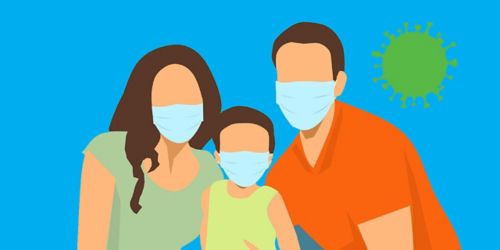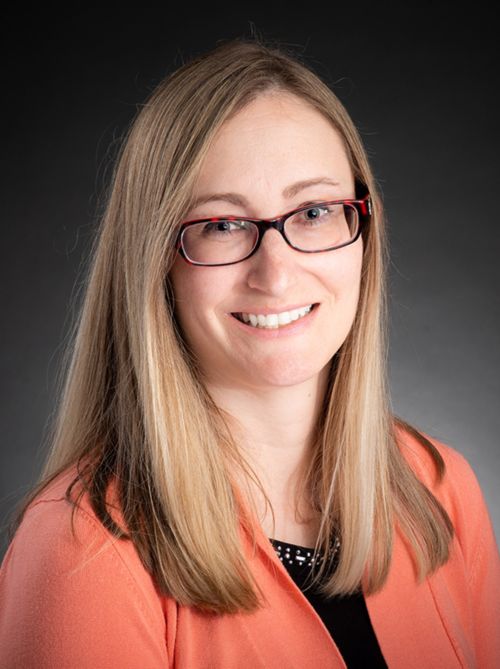St. Jude Family of Websites
Explore our cutting edge research, world-class patient care, career opportunities and more.
St. Jude Children's Research Hospital Home

- Fundraising
St. Jude Family of Websites
Explore our cutting edge research, world-class patient care, career opportunities and more.
St. Jude Children's Research Hospital Home

- Fundraising
The COVID-19 pandemic’s impact on children and families

The COVID-19 pandemic’s impact on children and families has been significant. St. Jude Children’s Research Hospital Clinical Psychologist, Kendra Parris, PhD, recently participated in a discussion about ways to help ensure children and families stay healthy during this time.
Kendra Parris, PhD, a clinical psychologist at St. Jude, recently participated in "COVID-19 Science & Coverage," a public series presented by the Council for the Advancement of Science Writing and the National Association of Science Writers.
As part of the 2020 National Association of Science Writers conference, held virtually this year due to COVID-19, Kendra Parris, PhD, participated in a panel discussion called "The pandemic's impacts on families, kids and college students."

Kendra Parris, PhD
Parris’ research interests broadly involve the psychosocial adjustment of children and adolescents with illness and chronic medical conditions. She was featured on the ScienceWriters2020 panel along with June Gruber of the University of Colorado Boulder and Steven Berkowitz of the University of Colorado Anschutz Medical Campus.
The discussion examined the profound impact of the COVID-19 pandemic on families across the United States, with special attention to the struggles of parents trying to keep their families healthy while ensuring mental, emotional and physical development.
Talking pandemic with children
During this time, communicating with children is important.
Parris advised that parents give children of all ages honest information to decrease anxiety and misconceptions. But that doesn’t mean every age receives the same message.
“For teens, parents need to be more transparent,” Parris said. “Remember, teens are getting their information from many sources — friends, social media, television and the internet. We need to provide facts to address that conflicting info and relate to their experiences. Ask them how they are doing and ask how their friends are doing.
“For younger children, parents need to balance answering questions without overwhelming them,” Parris said, noting that younger children lack the cognitive development to understand the complexities of the pandemic in the way teens and adults can. “Play is the language of young children — it allows for emotional expression, communication and development. Simple explanations work best, such as ‘We wash our hands so we don’t share germs with others.’”
In addition to communication, parents should set limits for their children and themselves.
“The news can be really scary and overwhelming,” Parris said. “Parents should limit their own exposure as well as their children’s to repetitive news. Monitor your children’s use of social media as there can be misinformation present.”
She recommended using such reputable sources as the CDC, WHO, NIH, AAP, APA, Info About Kids, and Effective Child Therapy.
The entire discussion can be viewed at https://www.youtube.com/watch?v=0pvzY92TOL4.
St. Jude Children’s Research Hospital will be the host of the Science Writer's conference in 2023.





